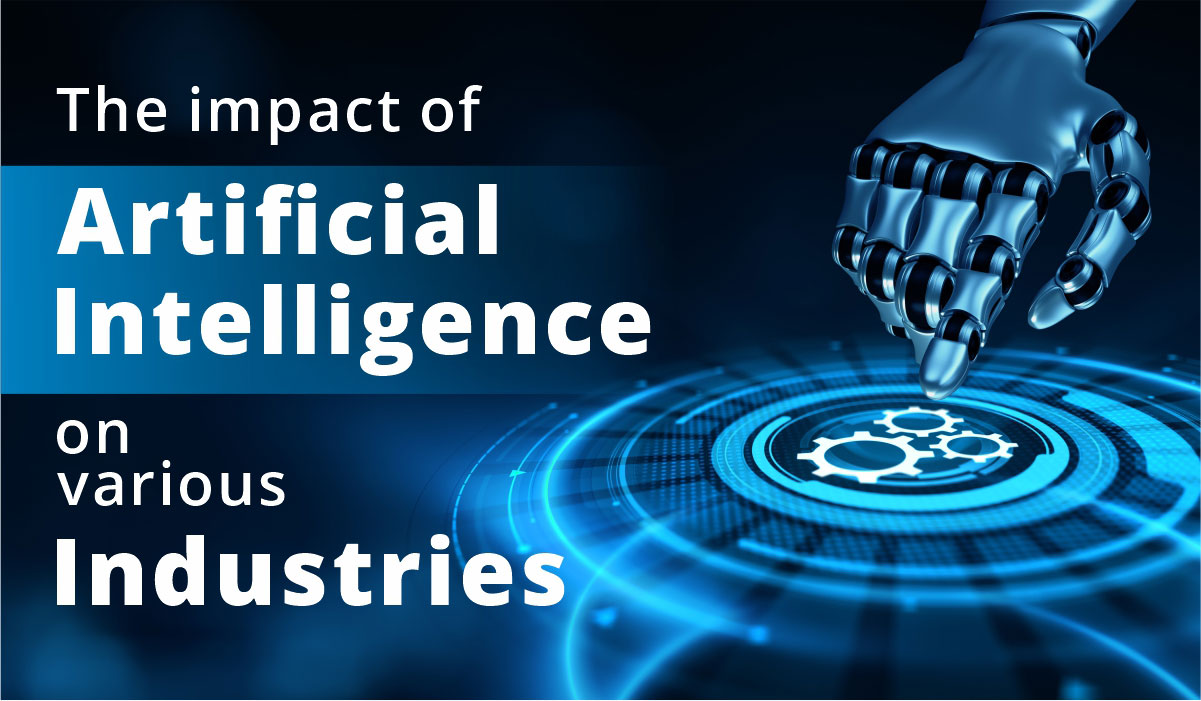
.1. The AI Revolution: Unveiling the Latest Breakthroughs..1. The AI Revolution: Unveiling the Latest Breakthroughs. The advent of artificial intelligence (AI) has ignited a technological revolution that is transforming all aspects of our lives. From self-driving cars to intelligent assistants, AI is rapidly becoming an integral part of modern society. In this article, we explore the latest breakthroughs in AI, shedding light on its transformative potential and the challenges it presents. 1. Generative AI: Unleashing Creativity and Innovation Generative AI systems, such as ChatGPT and Dall-E 2, have made headlines with their ability to create realistic images, text, and code. These models are trained on massive datasets and can generate novel content that is indistinguishable from human creations. They have the potential to revolutionize industries such as entertainment, education, and research by providing new tools for creativity and innovation. 2. Large Language Models: Enhancing Language Understanding and Communication Large language models (LLMs) are AI systems that have been trained on vast text corpora. They have demonstrated remarkable abilities in natural language processing, enabling them to perform tasks such as text summarization, translation, and question answering. LLMs are being used in a wide range of applications, including chatbots, customer service, and content generation. 3. Computer Vision: Empowering Machines to “See” the World Computer vision systems have made significant advancements in recent years, enabling machines to interpret visual information with increasing accuracy. These systems are used in applications such as facial recognition, object detection, and medical imaging. The development of new algorithms and hardware has led to substantial improvements in performance, paving the way for more sophisticated visual perception capabilities. 4. Self-Driving Cars: Towards Autonomous Mobility Self-driving cars are becoming a reality thanks to advancements in AI, sensor technology, and data processing. These vehicles utilize a combination of computer vision, navigation systems, and machine learning to navigate roads without human intervention. The development of self-driving cars is expected to revolutionize the transportation sector, reducing accidents, improving safety, and making transportation more accessible. 5. AI Ethics and Regulation: Shaping the Future of AI As AI technology continues to advance, ethical and regulatory concerns have emerged. These concerns relate to issues such as data privacy, algorithmic bias, and the impact of AI on employment and society as a whole. Governments and organizations are working to develop guidelines and regulations to ensure that AI is developed and used in a responsible and ethical manner. . Conclusion: The AI revolution is rapidly unfolding, bringing about transformative technologies that have the potential to shape our future in profound ways. From generative AI to self-driving cars, the latest breakthroughs in AI are pushing the boundaries of what is possible. However, it is important to address the ethical and regulatory challenges associated with AI to ensure that this technology serves humanity in a safe, responsible, and equitable manner. By embracing the transformative potential of AI while mitigating its risks, we can harness its power to create a better world for all.
Posted inNews